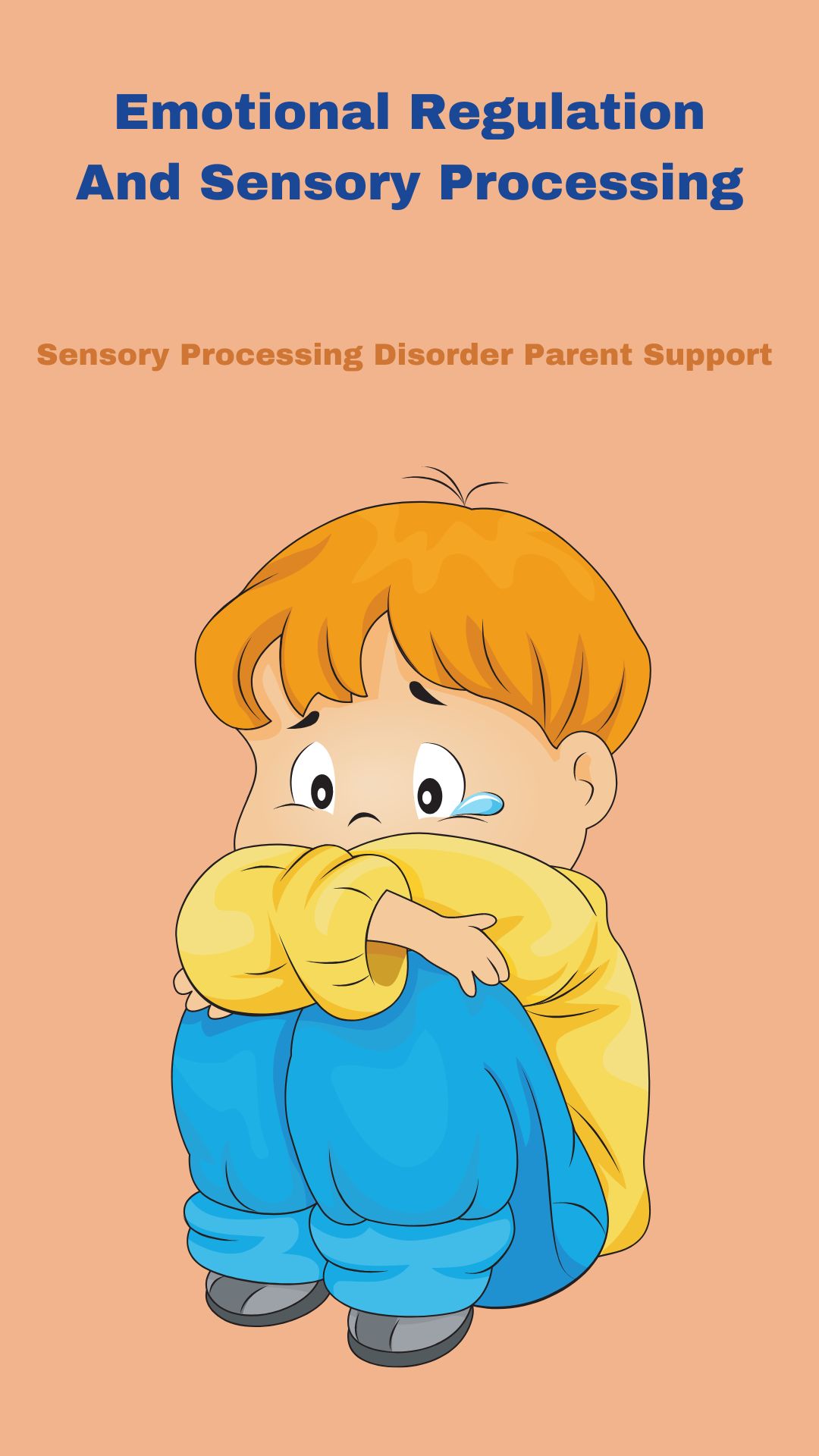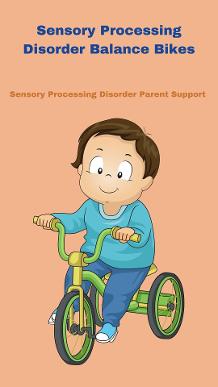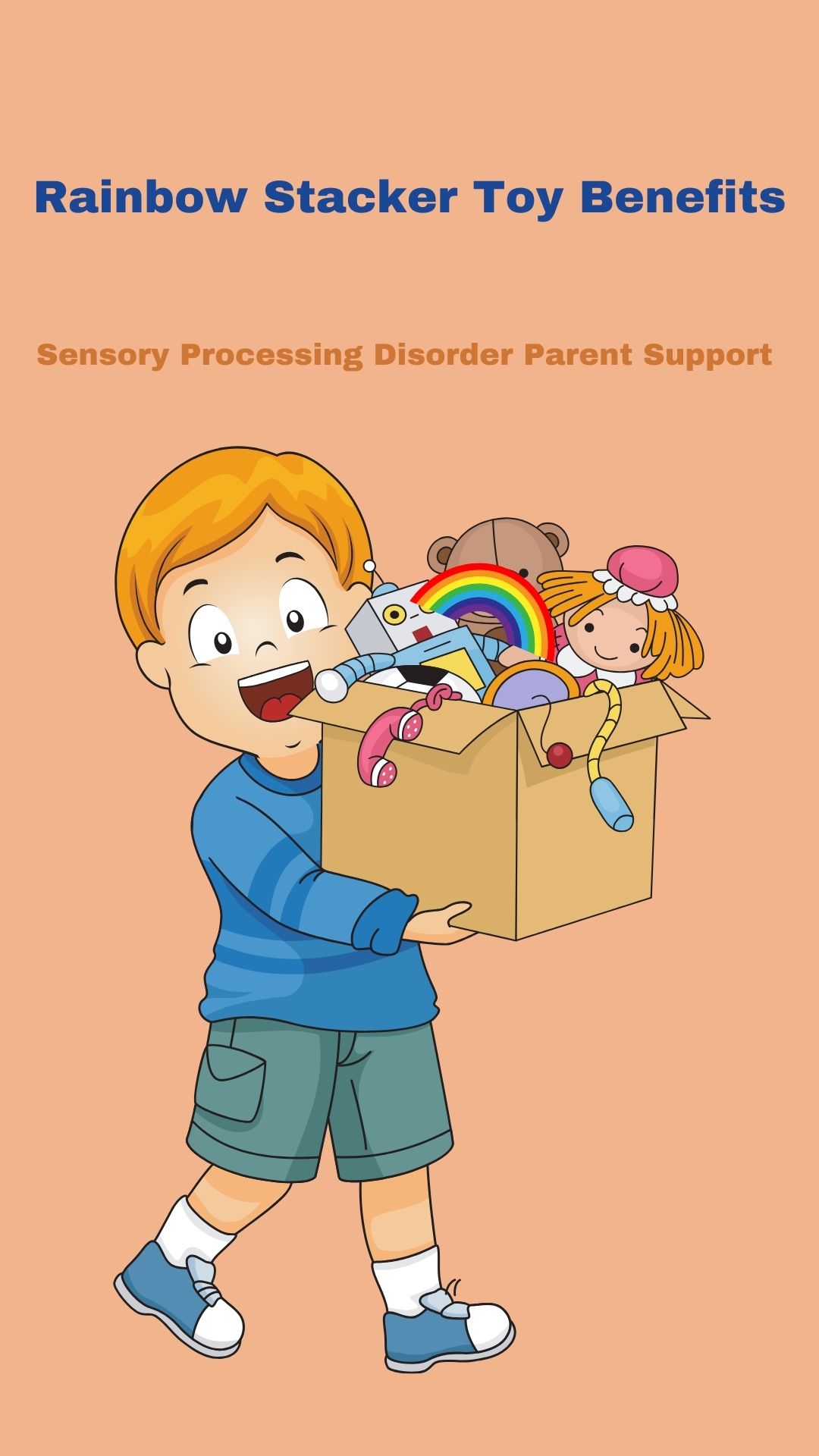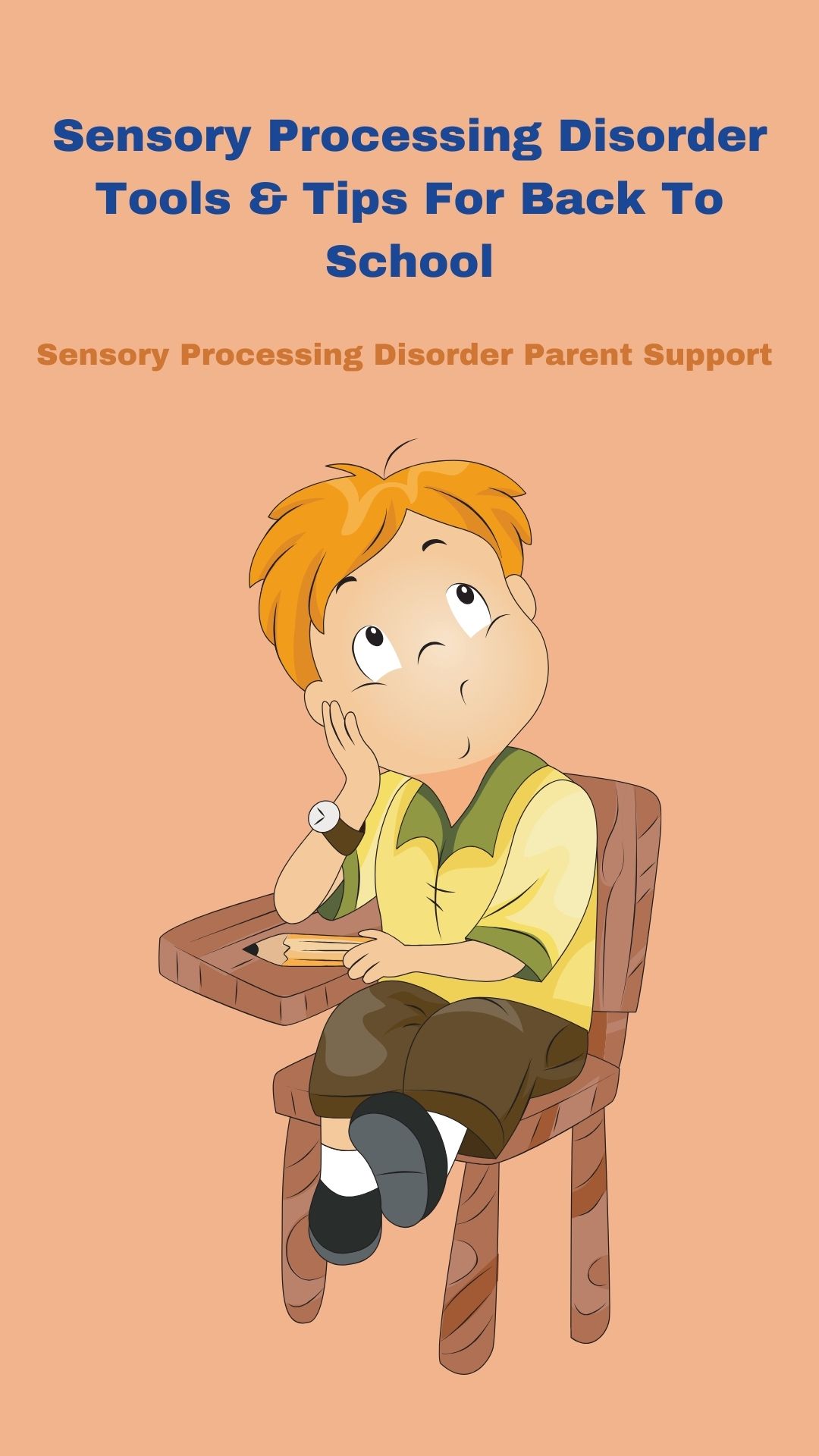SPD is..... SPD is NOT.....
Did you know that it is estimated that 5-16% of children have Sensory Processing Disorder or struggle with sensory differences? That is a lot and although sensory differences are so common, there are still many misconceptions about sensory processing disorder.
The truth about sensory differences is that they are a normal part of our development. We all have different sensory preferences and sensitivities. This is what makes us al so unique. People who have sensory processing disorder these differences can cause some quite serious challenges in their lives.
It is very important for us to understand and accept these differences instead of dismissing them or labeling them as bad behavior.
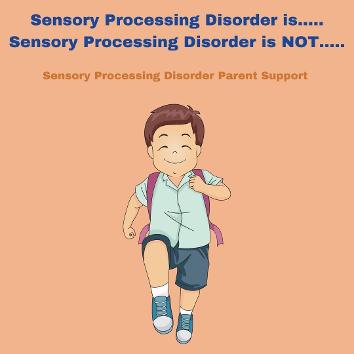
Sensory Processing Disorder is a real disorder that can affect anyone of any age. It's not just about being a picky eater or being too sensitive. Sensory processing disorder is not something that will go away with age. Sensory processing disorder is a neurological condition. It is important for us break the stigma and misconceptions about sensory processing differences and create a more inclusive society for people who struggle with sensory difficulties.
Misconception about Sensory Processing Disorder
Sensory Processing Disorder only affects children and will go away as they grow older.
Sensory Processing Disorder is not limited to children and can affect adults too. Research suggests that 75% of children with Sensory Processing Disorder will continue to experience their symptoms as an adult too. As children grow older they may learn different sensory coping strategies to develop better sensory processing skills. This will make it a lot less challenging for them. The underlying sensory differences are still there and can have a significant impact on someone's life.
Sensory Processing Disorder is just picky eating or being too sensitive to different textures and noises
Sensory processing disorder is a lot more than being a picky eater or being sensitive to different textures or noises. It is a disorder that affects the way the brain receives and responds to sensory input. A person with sensory differences will may difficulty processing different types of sensory input.
Sensory processing disorder is a lot more than being a picky eater or being sensitive to different textures or noises. It is a disorder that affects the way the brain receives and responds to sensory input. A person with sensory differences will may difficulty processing different types of sensory input.
Misconception about Sensory Processing Disorder
Sensory Processing Disorder is the same as Autism
There can be some overlap in their symptoms but sensory processing disorder and autism are two different disorders. Sensory processing disorder is a sensory-based disorder and autism is a developmental disorder. It is not uncommon for autistic people also have sensory processing differences too.
There can be some overlap in their symptoms but sensory processing disorder and autism are two different disorders. Sensory processing disorder is a sensory-based disorder and autism is a developmental disorder. It is not uncommon for autistic people also have sensory processing differences too.
Misconception about Sensory Processing Disorder
Everyone who Sensory Processing Disorder have the same sensory symptoms.
Sensory processing disorder is kind of like a spectrum, Symptoms can be so different for each person who struggles with it. Some people could be overly sensitive to different sensory input and other people may crave intense sensory input. Fine motor skills could be very challenges for some but for some they may have difficulty with balance and coordination. It is so important to understand that each person who is struggling with sensory processing disorder is unique and their sensory symptoms are unique too.
Sensory processing disorder is kind of like a spectrum, Symptoms can be so different for each person who struggles with it. Some people could be overly sensitive to different sensory input and other people may crave intense sensory input. Fine motor skills could be very challenges for some but for some they may have difficulty with balance and coordination. It is so important to understand that each person who is struggling with sensory processing disorder is unique and their sensory symptoms are unique too.
SPD is NOT.....
1. SPD is NOT it's not something to be ashamed of.
2. SPD is NOT the latest fad.
3. SPD is NOT something to apologize for.
4. SPD is NOT a spoiled child.
5. SPD is NOT bad parenting.
6. SPD is NOT made up by parents.
7. SPD is NOT a lie.
8. SPD is NOT intentional negative behavior
9. SPD is NOT lack of discipline
10. SPD is NOT an easy road for the child or the family
11. SPD is NOT embarrassing!
12. SPD is NOT easy
13. SPD is NOT an excuse.
14. SPD is NOT something that can be turned off.
15. SPD is NOT something they will just "get over!"
16. SPD is NOT cured by "a good spanking"....
17. SPD is NOT something you outgrow.
18. SPD is NOT what defines ME.
SPD is.....
1. SPD is misunderstood.
2. SPD is a disorder that affects a persons senses.
3. SPD is a different way of learning.
4. SPD is our "normal".
5. SPD is I would say something positive, but the only thing I can think of at the moment is "exhausting".
6. SPD is challenging for everyone involved.
7. SPD is always educating for parents to understand their children.
8. SPD is teaching me new things daily.
9. SPD is something to take seriously......
10. SPD is never a dull moment!
11. SPD is very real!!!
12. SPD is never easy.
13. SPD is learning more from your SPD kid than they learn from you.
14. SPD is an adventure.
15. SPD is something that makes our kids extra special.
DISCLAIMER: I am not an Occupational Therapist. I am an adult who has Sensory Processing Disorder, a sensory parent and a Grandma. The information on this website is not medical advice and does not replace the information that your child's therapists gives you. These are just ideas and information that I have learned myself over the years of being a parent and an adult living with SPD. If you are concerned for your child, please always seek medical attention through a family doctor, pediatrician or therapist. This website is for suggestions and informational purposes only. Each child is different and what works for one child may not for another because all children have different needs. Please always consult with a professional.
Amazon offers a small commission on products sold through their affiliate links on my website. Each of your purchases through links on my website for Amazon affiliation links or sponsored links supports me but at no additional cost to you so thank you for your purchases. I appreciate it so much!
